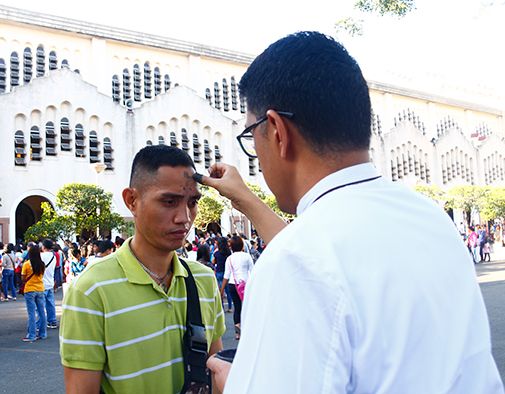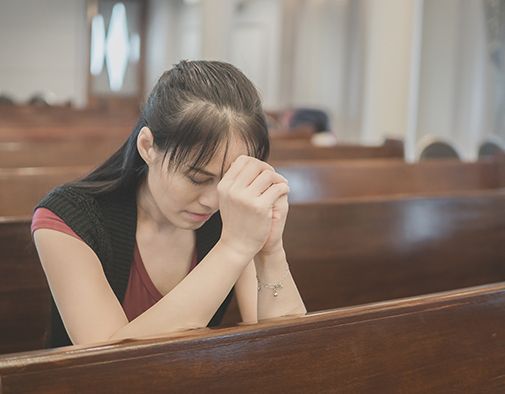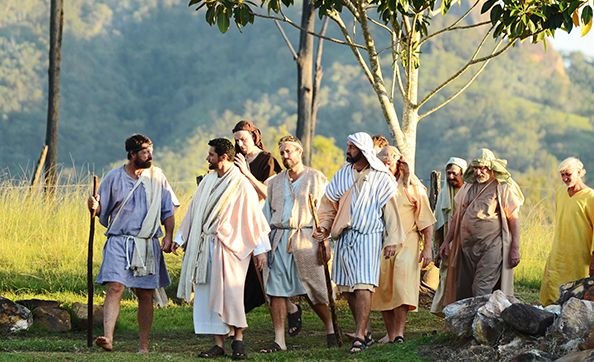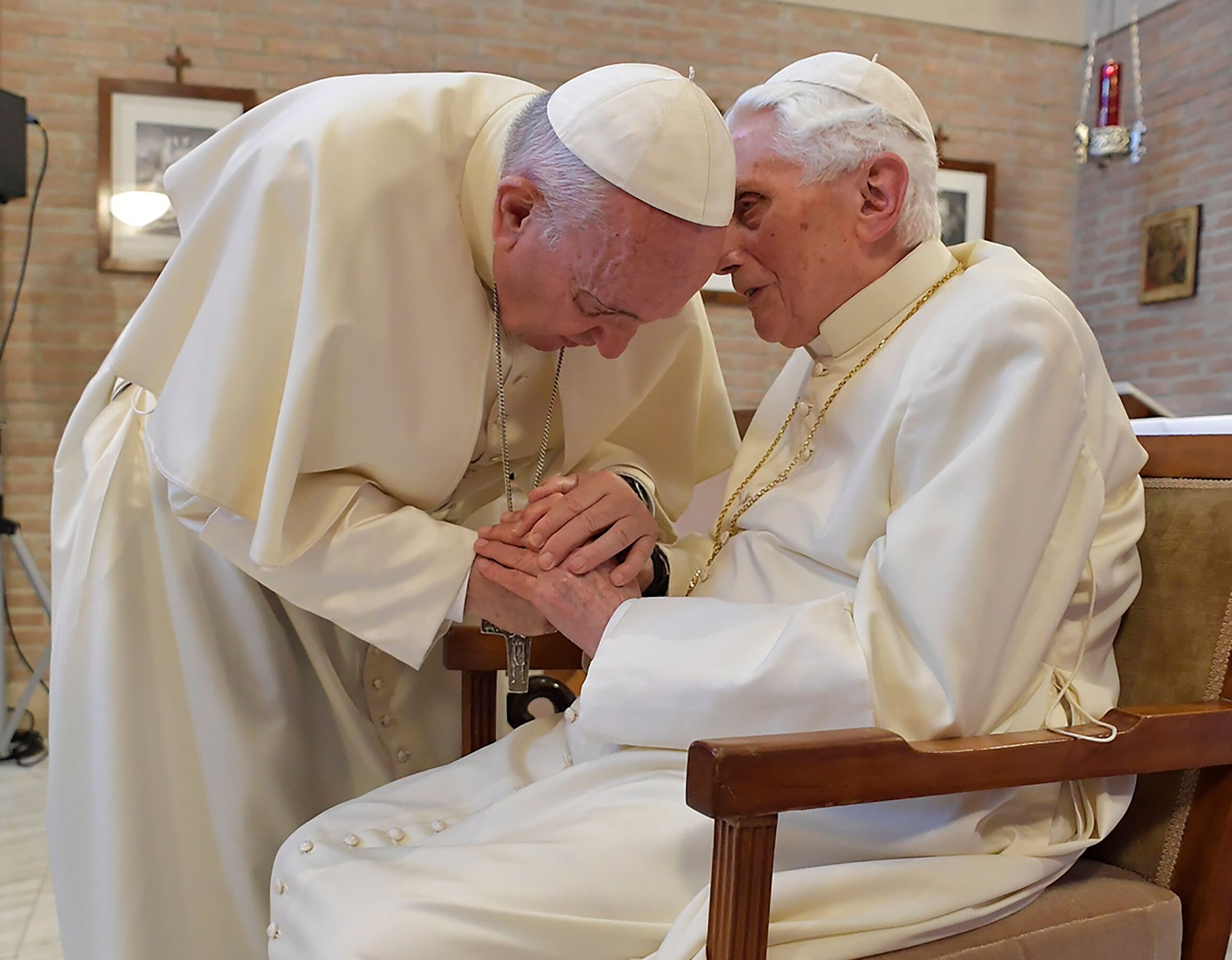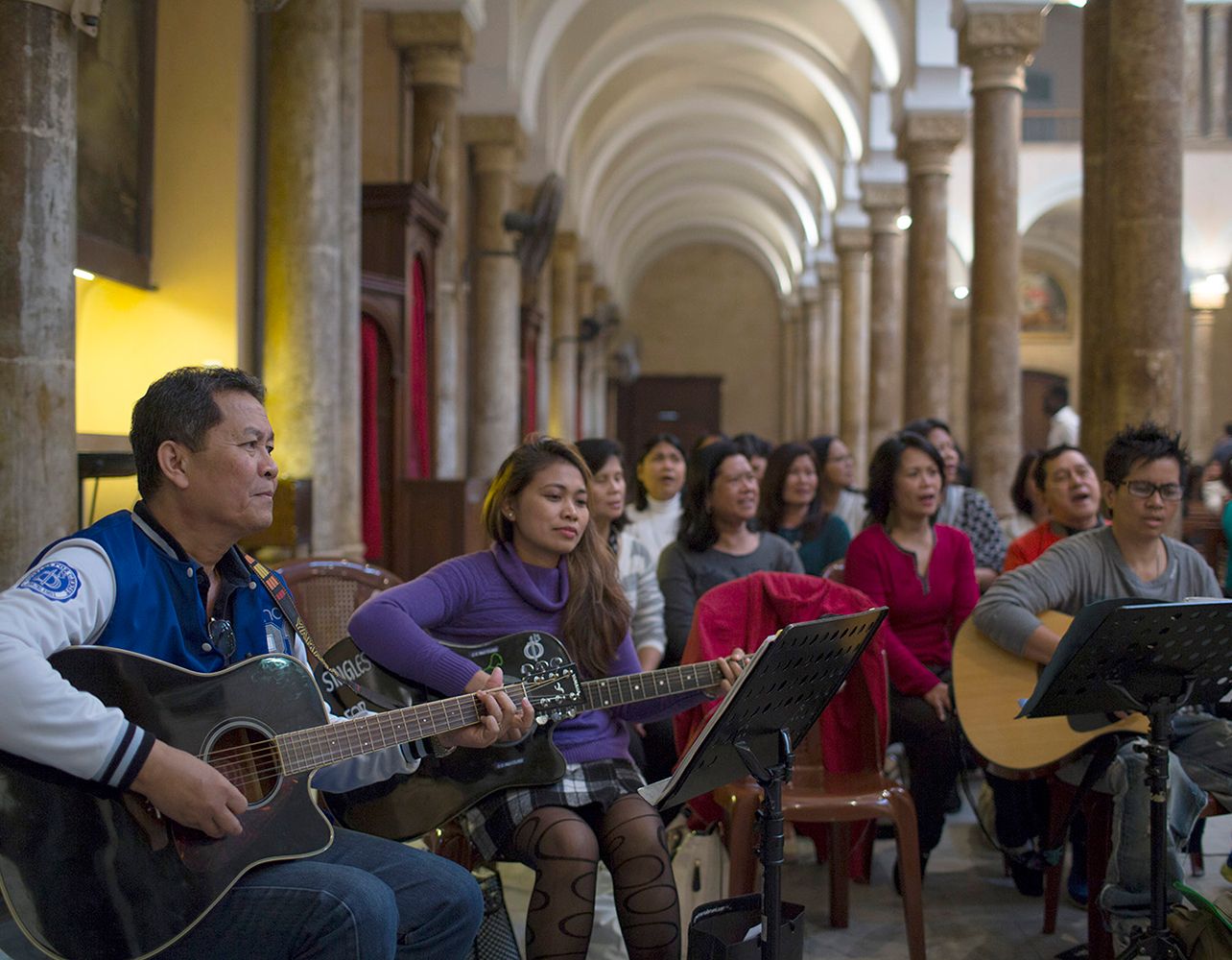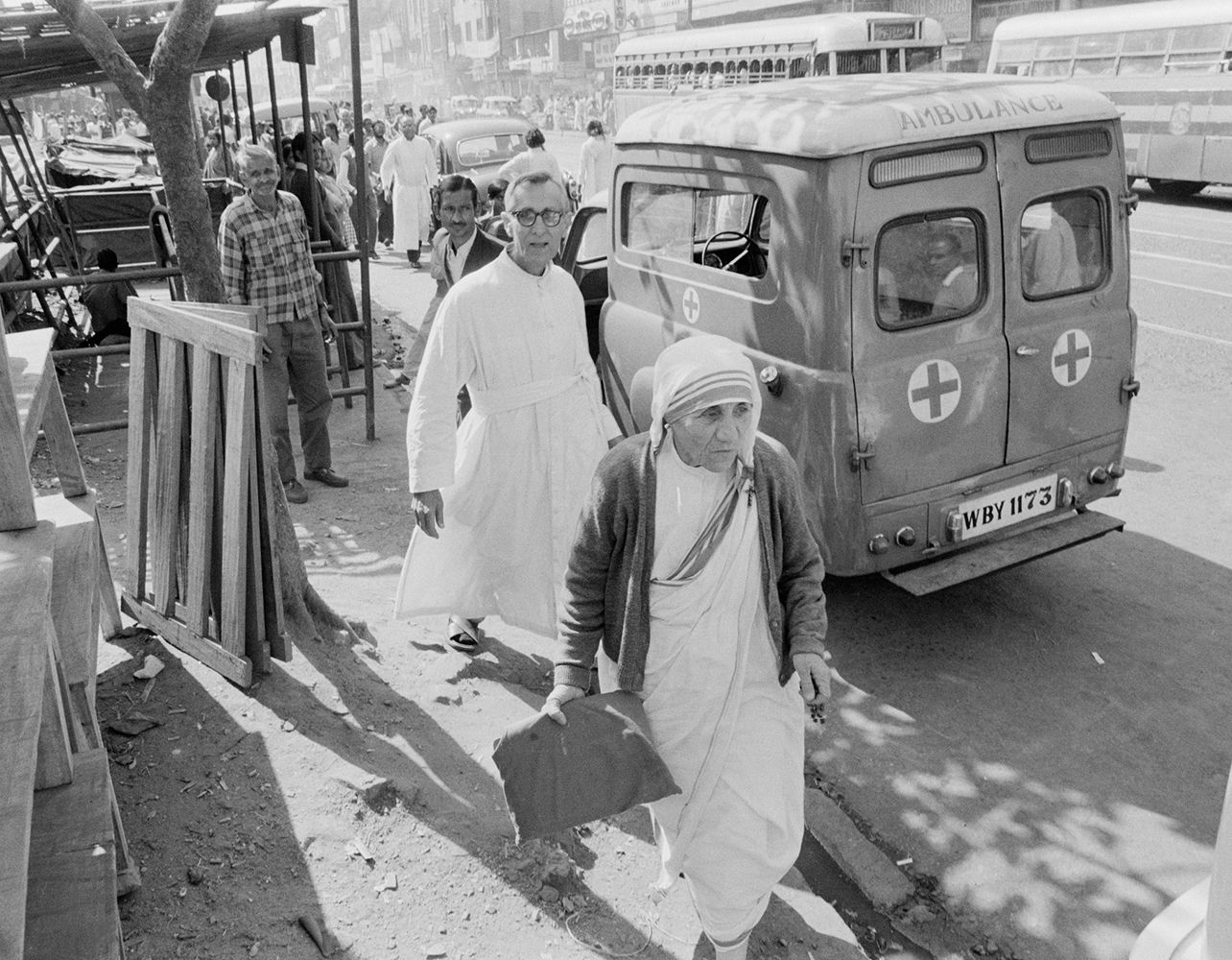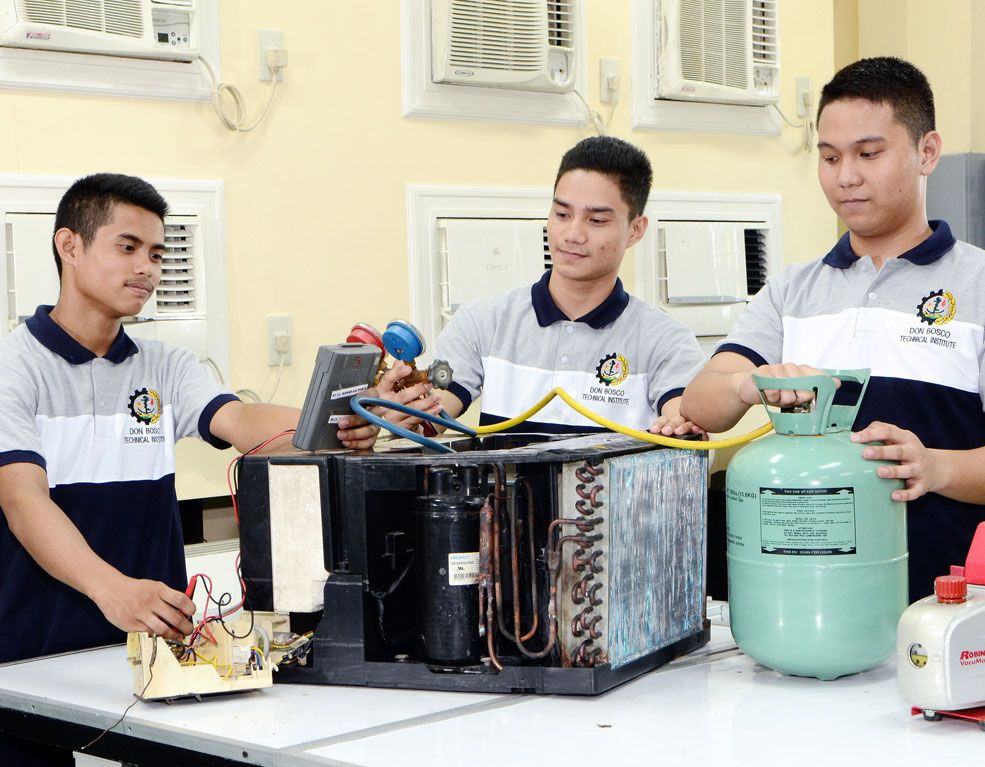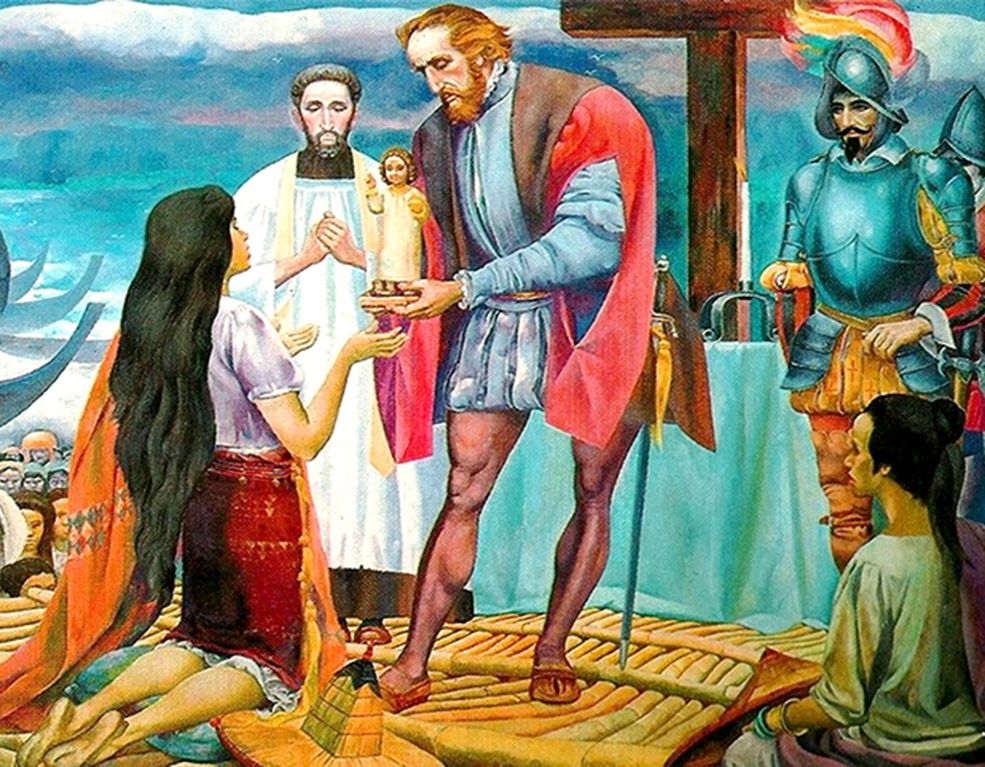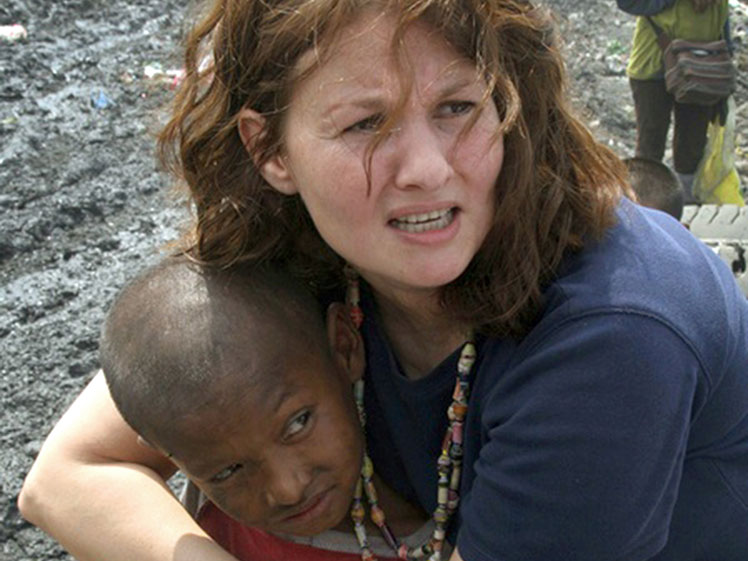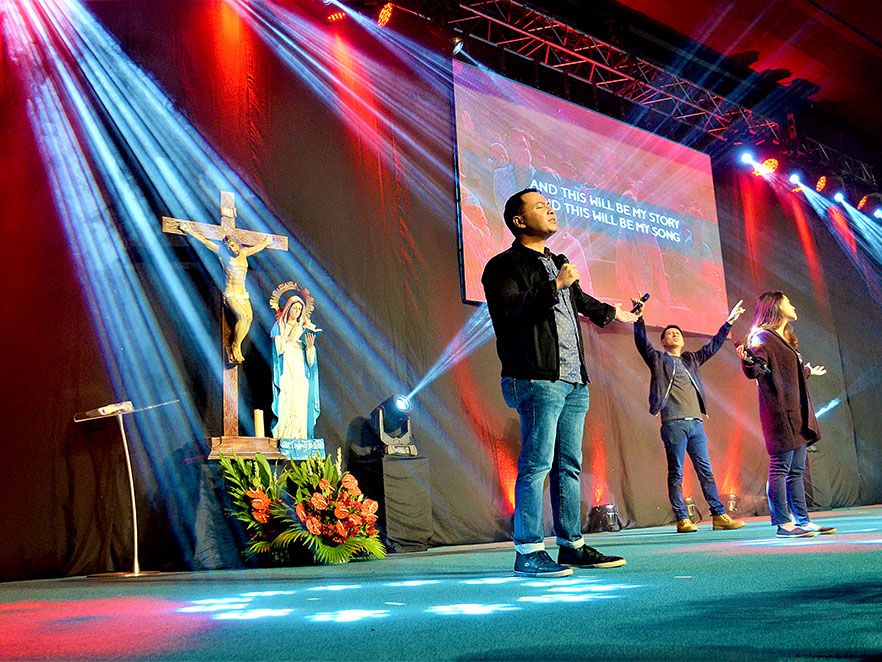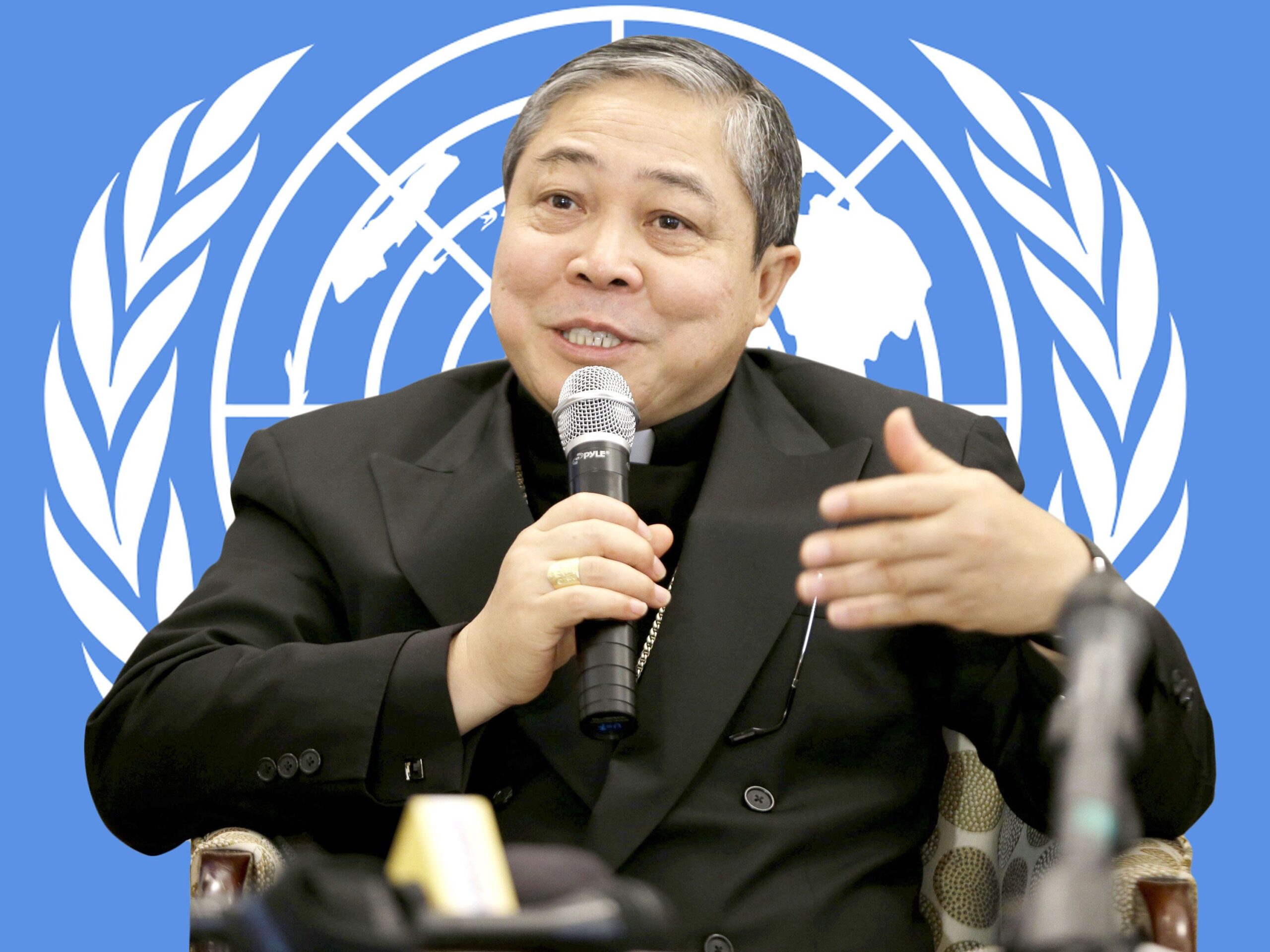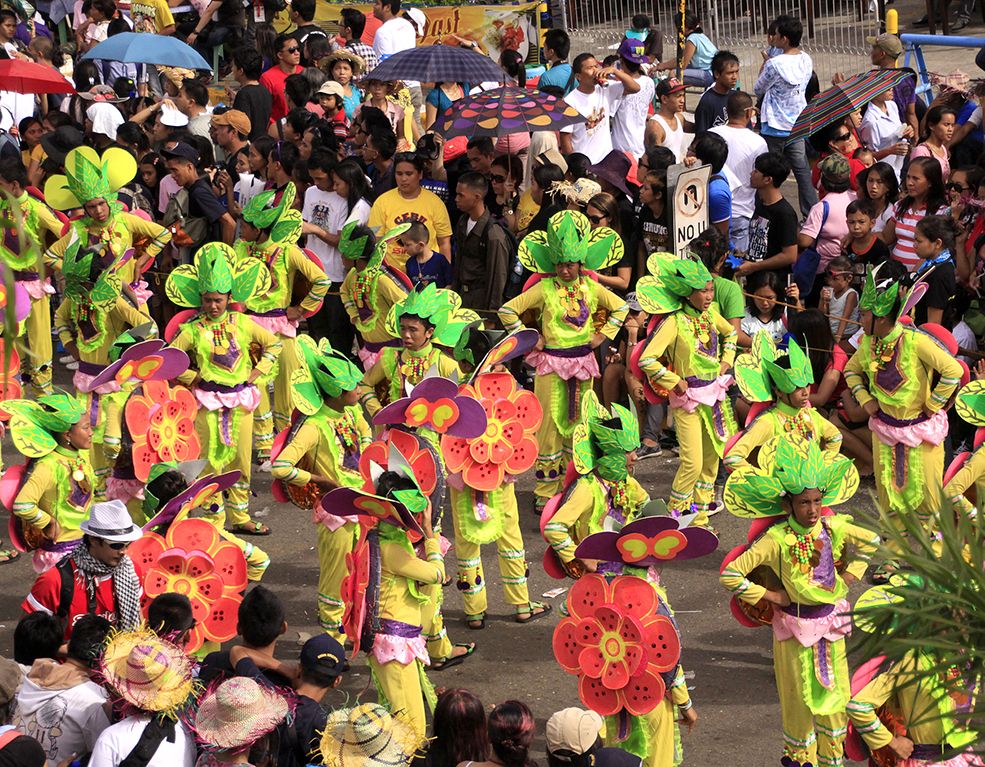A resident of this home for children with special needs demonstrated fear of adults in his first days here. It turned out he had been physically abused by adults in the streets, leaving that terror lodged deep inside him. “But here, he slowly developed confidence that there’s a home and a family,” said Fr. Luigi De Giambattista, Servants of Charity (SC) superior delegate. From then on, the poor boy gradually learned to trust adults again, the priest related. Today, he no longer sees older people around him as threats.
The Servants of Charity in the Philippines opened the doors of Guanella Home for Special Children in 2010. But as early as 1996, the congregation was already taking care of abandoned kids and young adults with intellectual disabilities.
“In 1996, we started welcoming children who were practically abandoned,” De Giambattista said. “Some still had families, but they had been neglected because of poverty.”
Nestled in the middle of flourishing villages in barangay Pasong Tamo, Quezon City, the congregation started providing shelter to 12 indigent and deserted children with special needs in 1996. The 12 children had been sheltered in what is now an office in the Guanella community, which was inaugurated by the late Cardinal Sin on December 12, 1993.
“At that time, Guanella was not yet canonized,” De Giambattista said. “But he was already beatified.” Saint Luigi Guanella, an Italian priest, was beatified by Pope Paul VI on October 25, 1964; canonized by Pope Benedict XVI on October 23, 2011.
Currently, the Guanella Home for Special Children has 19 residents, mentioned Albert Ramos, the supervisor at the residence. The disabilities of the occupants include Down syndrome, autism, and cerebral palsy. “Most of our residents have Down syndrome,” Ramos said, who has been with the residence for the past 19 years.
A volunteer psychiatrist checks on the condition of a bipolar resident, he pointed out. Two residents with cerebral palsy are also monitored by a neurologist. The house parents make sure they take their medications regularly, Ramos noted.
The residents with special needs have four house parents, who are caregivers, said Bro. Bruno, a Congolese member of the Servants of Charity who oversees the lay working at the residence.
Aside from the four house parents, two more lay people clean the house and wash the used clothes and beddings of the residents, he added.
Ramos noted that most of the residents can eat on their own, except for one who takes in nutrients by tube feeding. The resident who is nourished through tube feeding is bedridden, De Giambattista said. He was three years old when he arrived at the Guanella community. But today, he’s already a big boy.
The youngest residents are seven years old now, both with Down syndrome, the priest added. The eldest is 48 years of age named Tomas, who has been with the Guanellians since 1996. De Giambattista personally fetched Tomas at the social welfare office in Cubao.
“He was kept there for months waiting for someone to come for him,” he said. “But nobody came. So, when the social welfare learned that we had a program for mentally challenged and abandoned children, they called us up. Then, I went there to pick him up.”
Since there was no personal information about Tomas available, the Guanellians had given him the name Tomas. They had also “invented his birthday.” Most of the residents had no personal information about their identity when the Guanellians found them. So, they celebrate birthdays on the date they’re found.
Independent And Skilled
Children with Down syndrome “have limited intellectual capacity,” De Giambattista said. “But they can learn and develop skills. They can be very friendly. With proper care, medical attention, and nutrition they can now reach the age of 50 or more.”
The community is “making efforts so that each of the residents will become independent as much as possible,” said Bro. Bruno. “Among them, there are those who really need help, but most of them can help themselves in what they do.”
The residents go to school every day, he added. They attend special education (SPED) classes. Others go to the livelihood classes. Both the SPED and livelihood classes are taught inside the Guanella community in barangay Pasong Tamo.
The residents who had finished the SPED go to the livelihood class, where they train in making doormats, dishwashing soap, rosaries, and other handicrafts. Luis Llames, the livelihood class teacher at Guanella community, thinks the residents can make cloth bags if trained. The residents weave threads into fabrics using looms.
Some of the residents also help in preparing loaves of breads, donuts, and panettone, which is a dome-shaped Italian Christmas cake. The residents are also involved in gardening and animal raising in the Guanellian community.
“No one is just sitting down and waiting to be fed, or to be helped in his own personal hygiene,” De Giambattista added, noting that the residents are trained in personal hygiene, especially those who are physically able.
Intellectual Disability Is Not A Mental Illness
De Giambattista stressed that intellectual disability is different from mental illness. “Mental illness requires medicine,” he explained. “Intellectual disability requires care and stimulation to develop their potential and become independent in their daily activities.”
The congregation had not only been founded to provide shelter to persons with special needs but also to help them uncover their abilities and cultivate them. “Our founder did not only want to take them in and give them a shelter for their protection,” De Giambattista said. “In his mind, even the less capable person has his own capacities. Even though limited, we need to aim at developing these capacities.”
The Guanellians have programs for developing the skills of children with intellectual disabilities. They assess what one can and can’t do. “Based on these assessments, we go to designing activities,” De Giambattista explained.
The congregation, founded by the Italian saint Luigi Guanella in Lombardy in 1908, sees beyond the disabilities of the residents and appreciates as well as enriches their potential abilities. “This is the key point of our Guanella Home [for Special Children],” De Giambattista said. “It’s not only a residential facility to keep them protected, but also to develop their skills.”
The residents also see the outside world and meet other people. “Every month, there are activities outside Guanella Home for Special Children,” Bro. Bruno said. “We visit parishes. In the parishes, there are activities that involve children with special needs.”
Some of the abled residents also go to malls at times, he added. People also come to the Guanella Home for Special Children to celebrate their birthdays, bringing food and holding activities that please the residents.
“We encourage our residents to interact with people from outside,” De Giambattista said. “Our mission is not only to take care of persons with intellectual disability but also to create a welcoming community in the parish and the barangays so that the prejudice against mentally challenged children will be reduced little by little through their interaction with other people.”
Local schools also deploy their students to the Guanella community’s physical therapy center for on-the-job training. Residents who need physical therapy go to the center for their well-being.
Two of the residents also attend speech therapy outside the Guanella community. De Giambattista noted that all the residents had been vaccinated against COVID-19. They had observed tight health protocols during the height of the pandemic to protect them from the virus, like limiting the entry of people into the community.
Divine Providence
Divine providence sustains the needs of the residents of Guanella Home for Special Children through local and international benefactors, De Giambattista pointed out. “God is watching over these children,” he said. “We are just instruments.”
Some of the abandoned children and young adults that the Guanellians had taken into the community in 1996 are still with them. Others had already returned home to the Creator.
“They grow up with us and this is their own home,” De Giambattista said, noting that the residence was designed according to the needs of residents with special needs.
The congregation is privileged to be called to serve persons with special needs, the priest stated. People with special needs evangelize the members of the congregation and draw out the best in each of them. “I have been living with special children for many years in different countries, but mainly here in the Philippines,” he said. “I say, I have learned and received a lot from them. For example, one lesson is, do not complain. When you look at the condition of our children, you will be grateful for what you have in life.”



